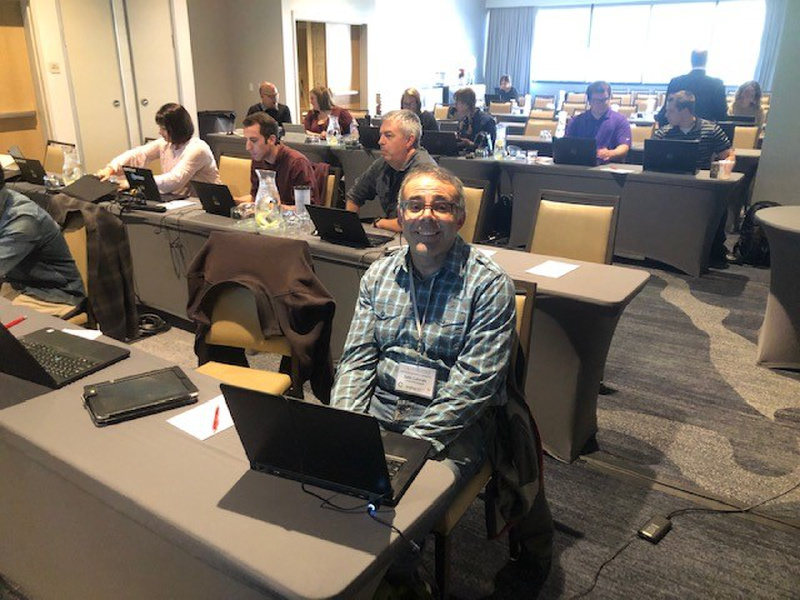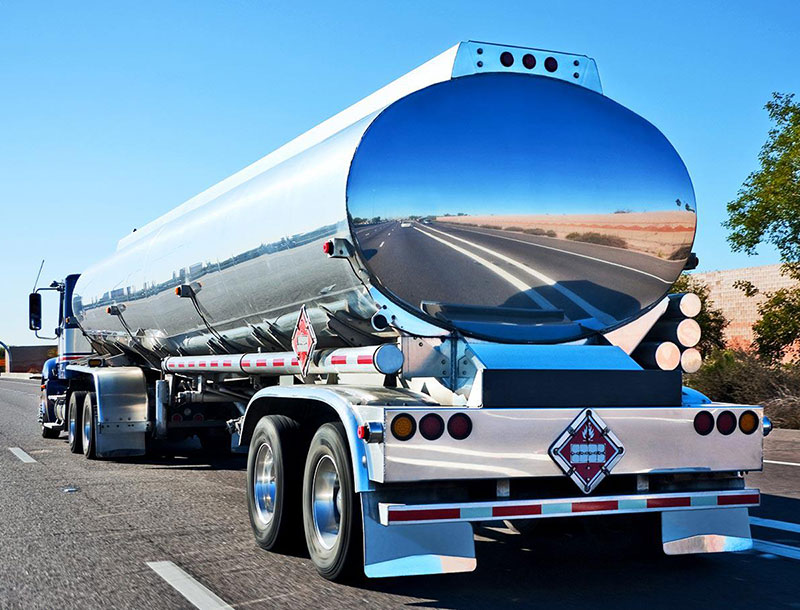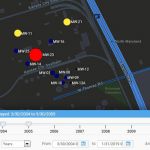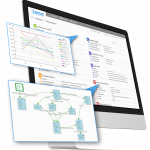California’s Low Carbon Fuel Standard Program
Last week Locus attended the first training session offered by California Air Resources Board (CARB) for verifiers under the California Low Carbon Fuel Standard (LCFS) program. The California LCFS program has been ramping up over the past several years, and is now ready to start certifying third-party verifiers to review both applications and routine reporting.
The LCFS program is part of California’s initiative to meet the AB32 requirements of reducing overall greenhouse gas emissions to 1990 levels by 2020, and 40% lower than that level by 2030. LCFS is specifically intended to address emissions from transportation fuels in California, which are approximately half of the overall emissions statewide. Like the Greenhouse Gas Mandatory Reporting Rule and Cap-and-Trade programs that preceded it, the California LCFS program uses a market-based approach to incentivize innovation and new approaches to reduce emissions.

Seth Lalonde, Locus Environmental Scientist, at the California Air Resources Board Training
The program covers a wide variety of projects, including production of alternative fuels (e.g. renewable diesel and biogenic compressed natural gas), innovative approaches to fossil fuel production and refining, and direct carbon capture and sequestration. Fuels are assigned a carbon intensity based on overall carbon dioxide emissions over the entire life cycle, from production to processing to shipping to consumption. The carbon intensity is essentially a measure of the emissions from the fuel per unit of energy. The lower the carbon intensity value, the less impact the fuel has in terms of carbon emissions. Certain fuels can even have a negative carbon intensity, which essentially means the fuel production process is absorbing more carbon than is eventually emitted to the atmosphere (such is the case for compressed or liquefied natural gas produced using biomethane from manure collection). The program also has impacts well outside the California border. After all, fuel that is eventually used in California can originate anywhere in the world, and the LCFS program allows for these projects to obtain credits regardless of their location.
Unsurprisingly, California was the first state to adopt and implement a LCFS program, and the first to establish a third-party verification program specific for LCFS. Although it was clearly the first presentation of this training material, staff from CARB as well as the Climate Action Reserve and The Climate Registry were on hand to assist in addressing questions and topics that weren’t covered in the prepared materials. And considering the wide variety of LCFS project types and the disparate backgrounds of attendees for the verification training, they did a great job of getting everyone all the information they needed to understand and verify these projects.
For those participating in the LCFS program or considering projects under the program, there are a few key things to keep in mind.
First and foremost, like any market-based emission program that includes a verification or auditing requirement, transparency is critical. The verifiers are trained to dig deep into your data, and not to take ‘no’ for an answer. Be prepared to have your metadata and documentation assembled and easily made available to the verifier. (For more on Transparency in Reporting, view this webinar)
Second, the LCFS program includes requirements for continuous or near-continuous monitoring for many parameters, and instrumentation capable of electronic data archival. Manual data records and transcription are still acceptable under other carbon offset programs, but under LCFS these options are no longer allowed. Be sure that your instrumentation is consistent with the specific LCFS requirements, or you’ll be seeing a non-conformance from your verifier.
There were many other tips and common pitfalls highlighted during the training for specific LCFS project types. Overall, I’m very excited to see how the LCFS program evolves in California, and how the energy industry takes advantage of these incentives to provide new options for transportation fuels that will reduce carbon emissions.
Update: Locus is now an approved verification body for the Low Carbon Fuel Standard. Learn more here.



